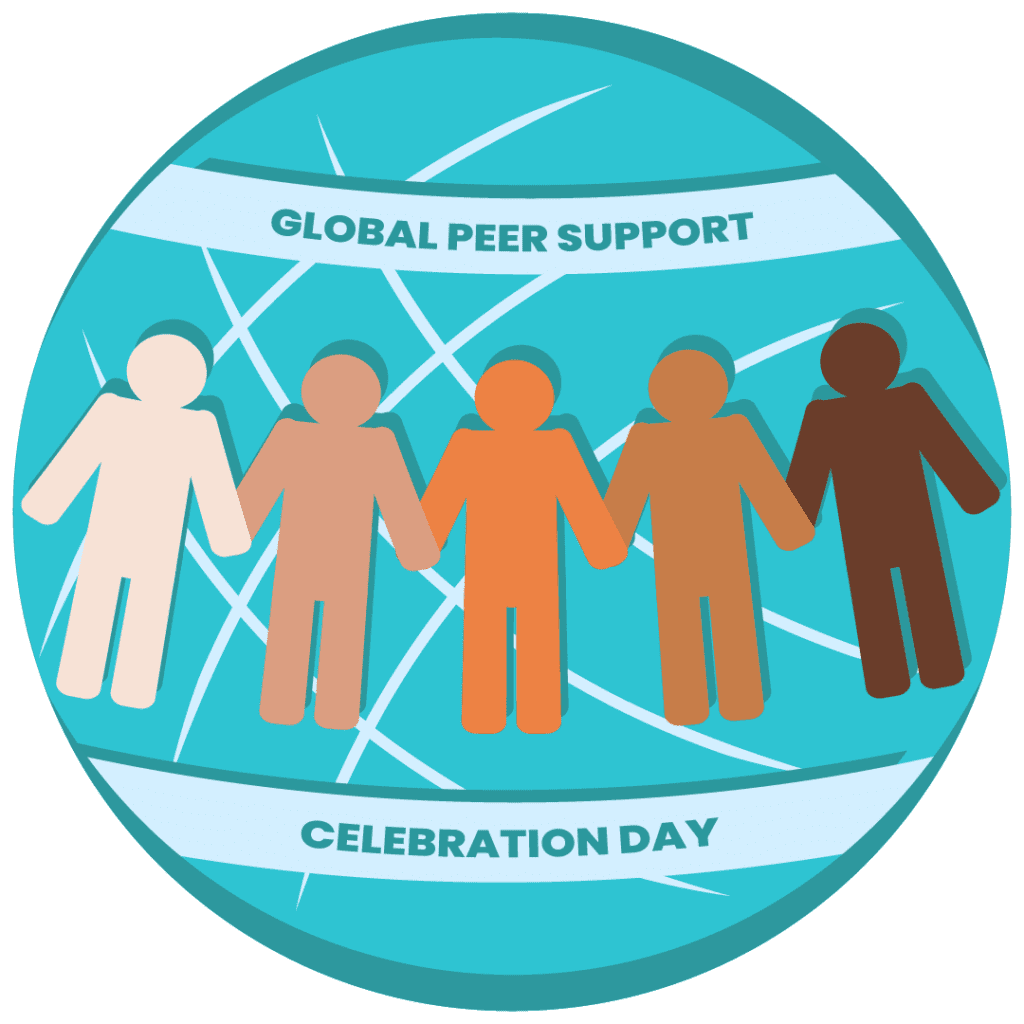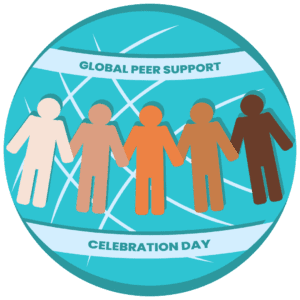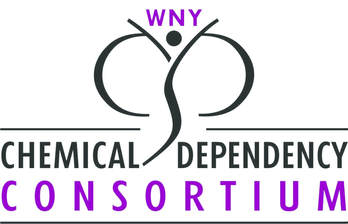
Recognizing SHHS Peer Support Team Members
Global Peer Support Celebration Day - 9th Annual Celebration - Thurs., Oct. 19, 2023

Global Peer Support Celebration Day (GPSCD) is an annual celebration of peer supporters, peer support, and recognizing their work in helping their peers with mental health, addictions, and or trauma-related challenges move along the continuum of recovery and inclusion into communities of his/her choosing.
While this annual, worldwide event officially takes place on the third Thursday in October; we would like to begin today – and take the entire week ahead – to thank and recognize Spectrum Health’s Peer Support Team members:
Spectrum Health’s Peer Support Team Members:
- Frederick Batteau, Peer Support Specialist I
- Michelle Beyer, Family Support Specialist
- Brian Pond, Peer Support Specialist I
- Elaine Clark, Peer Support Specialist I
- Alyssa Collins, Youth Peer Advocate
- Kristen Diodate, Family Court Assessment Specialist
- Daniel Galvin, Director of Peer Support and Integration
- Donna Gardner, Recovery Specialist
- Melissa Gillenwater, Peer Support Specialist I
- Sherilyn Kehr, Family Support Specialist
- Sarah Lester, Peer Support Specialist I
- Michael O’Neil, Peer Support Specialist I
- Samantha Pufpaff, Youth Peer Advocate
- Sandra Pufpaff, Family Support Specialist
- Edward Revere, Peer Support Specialist I
- Dawn Stone, Peer Support Specialist II
- Kristen Szewczyk, Peer Support Specialist I
- Janine Thompson, Peer Support Specialist I
- Brittany Turner, Peer Support Specialist II
- Deborah Wright, Outreach and Engagement Specialist
- Christopher Weber, Peer Support Specialist – MAT Enhancement
About Global Peer Support Celebration Day
GPSCD is a day for peer supporters (also known as peer workers or peer providers) from across the globe to reflect on and celebrate the important role he/she plays in helping their peers who are struggling with mental health, addiction, and or trauma-related challenges move along the continuum of recovery and inclusion into communities of his/her choosing.
In addition, the event increases public awareness of peer supporters, the services they provide (and do not provide), how they impact the lives of countless seniors, adults, children, adolescents, and families within the health and human services industry, and how their shining example of recovery, in the places where these services are delivered is a beacon of hope for those they serve.
About Peer Supporters
- Peer supporters are individuals with ‘lived experience.’ Their lived experience equates to the old adage, “been there, done that!” ideology.
- Peer supporters are role models, share wisdom, and experiential knowledge they gained during their own road to recovery. Because peer supporters understand what it is like to move through the devastation and stigma often associated with having a mental illness, addiction, and or trauma-related challenge, and move toward, into, and beyond recovery their first-hand knowledge and unique perspective empowers their peers to envision possibilities.
- Peer supporters use their personal experiences to provide support (known as peer support) to their peers by empowering them to make informed decisions about their personal lives, treatment options, and helping them strive to reach their goals.
- Peer supporters work in a variety of mental health, addiction, and primary care facilities, such as inpatient and outpatient clinics, hospitals, crisis centers, emergency rooms, nursing homes, residential treatment facilities, government sponsored agencies, such as the Veteran’s Administration (VA), and in correctional facilities, such as jails and prisons. This valuable service is important because this type of social support results in psychological and physical health benefits for both the receiver and provider. Peer support relies on a non-hierarchical, reciprocal relationship that fosters understanding and trust between peer supporters and their peers and among populations who otherwise may be alienated from or have poor access to mental health and or addiction services.
About Peer Support
- Peer support is voluntary, but usually frequent and ongoing, and accessible, flexible, culturally sensitive, and peer-focused. In other words, peer supporters are available, yet guided by the wants and needs of the individuals who seek their support.
- Peer support can take many forms – phone calls, text messaging, group meetings, home visits, going for walks together and even grocery shopping. It complements and enhances other mental health and addiction services by creating the emotional and social support and practical assistance necessary for persons with mental health, addiction, and or trauma-related challenges manage their disorders and stay healthy.
- Peer support has existed in the mental health and addiction fields for decades. Growth in the field has expanded in the United States, Canada, and the world in recent years. Research shows that peer supporters have a transformative effect on the peers they serve, other mental health providers (therapists, psychologists, and psychiatrists), and the mental health systems that employ them.
- According to Mental Health America and Peers for Progress, peer support is a “critical and effective strategy” for ongoing physical, mental, and addiction healthcare, and a proven approach for sustained behavior change for persons with these disorders, and for people with chronic diseases and other conditions.
- Furthermore, the benefits of peer support extend beyond individuals with these challenges by creating change, increasing awareness, and reducing stigma in neighborhoods, communities, organizations, systems, social groups, and other public gathering and forums.
Benefits of Peer Support
Overall, research studies have found that peer support:
- Improves quality of life
- Improves engagement and satisfaction with services and supports
- Improves self-efficacy
- Improves self-reported mental and physical health status, self-care skills, and use of medications
- Improves whole health, including chronic conditions like diabetes
- Decreases the number of emergency room visits, number of hospitalizations, and the number of inpatient hospital days
- Reduces the overall cost of mental health and addiction services
- Reduces mental health symptoms
- Increases knowledge of mental illness, addiction, trauma-related challenges, and chronic illness and diseases; and
- In general, peer supporters who provide peer support to others report less depression, heightened self-esteem, self-efficacy, and improved quality of life.
For more information: https://www.peersupportworks.org/about/global-peer-support-celebration-day/
More News & Press
- October 4, 2023
